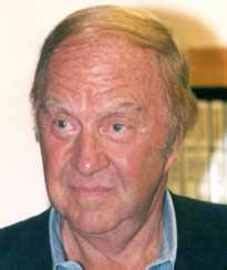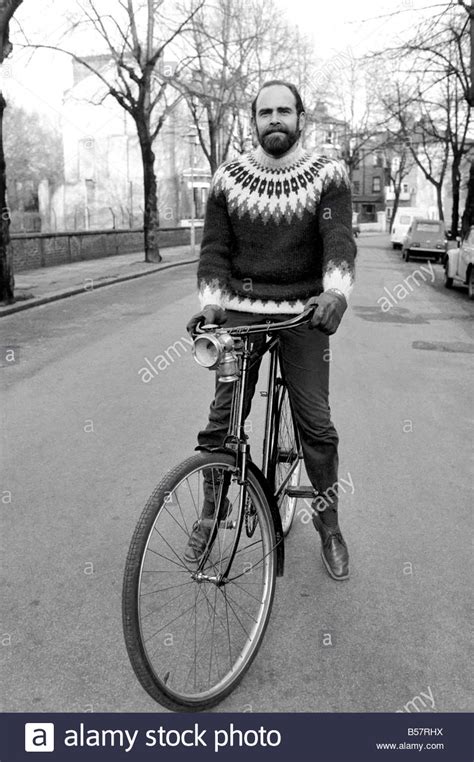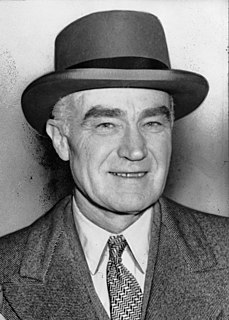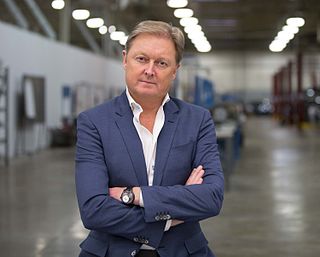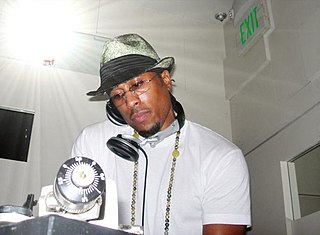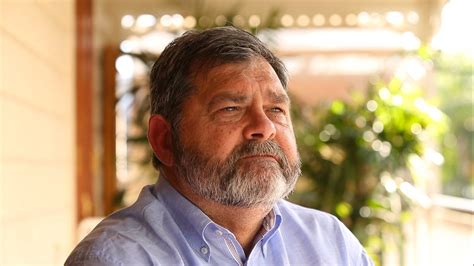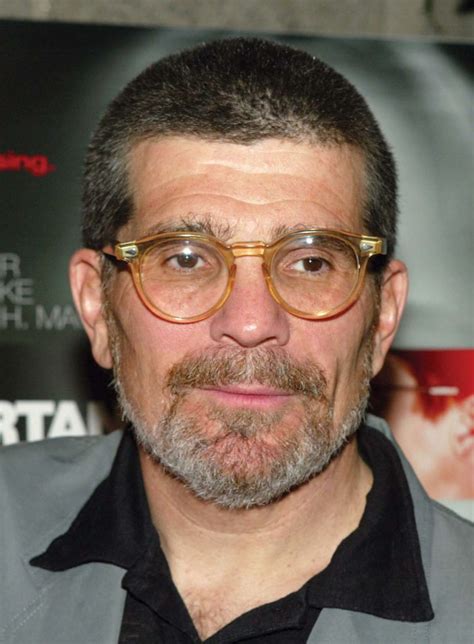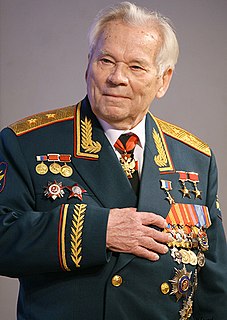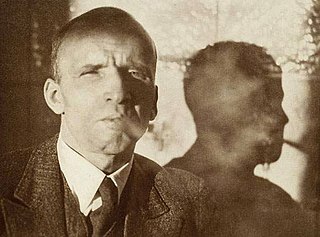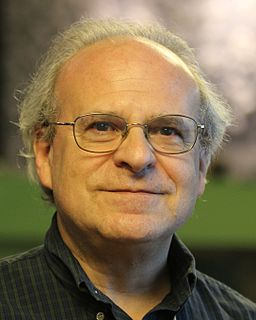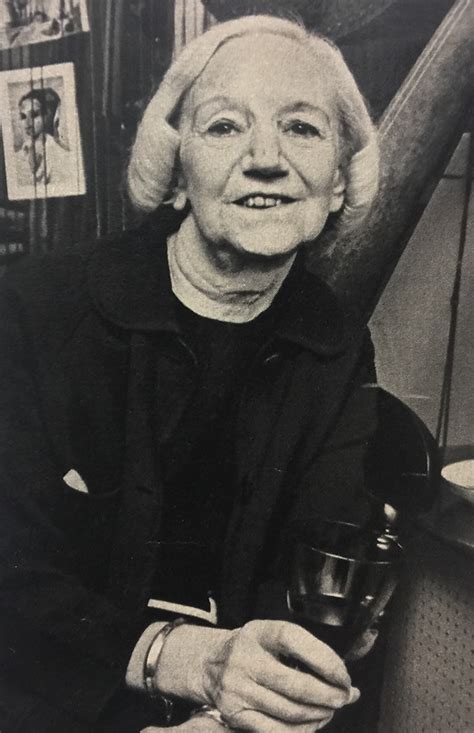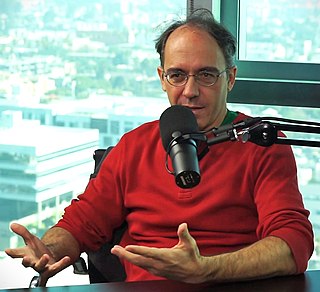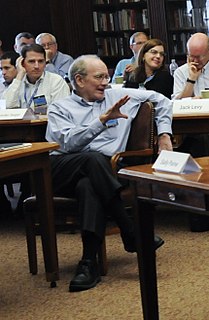Top 1200 Fax Machines Quotes & Sayings - Page 18
Explore popular Fax Machines quotes.
Last updated on November 14, 2024.
I had COVID a week before they made the announcement. I couldn't breathe and I couldn't tell if it was my heart or my lungs. I got to the hospital and I said, 'I've been having this heart attack for three days' and they plugged me into the machines and everything and I had a swollen heart and a virus. I really seriously thought I was going to die.
There was a day when you could identify a NASCAR Ford, Chevrolet, or Dodge and they actually looked like "stock cars." Now they are pod machines, slick on the outside but still powered by the same Neanderthal carbureted pushrod V-8s that have been under their hoods for half a century. If this is real auto racing, then the WWF ought to be part of the Olympics.
As professional soccer players, we take our bodies to the extreme. We're the people at the gym that look like we're breaking the machines. Pushing our bodies to the limits is what makes us so strong and capable and Olympians. It's not an easy thing to consistently do over and over again to your body.
Let's stick to the practical and the concrete: Would you like it if people lived in a virtual world? If machines were smarter than people? If, in the future, people, animals and plants were products of technology? If you don't like these ideas, then for you the computer and biological sciences clearly are dangerous.
Even bigger machines, entailing even bigger concentrations of economic power and exerting ever greater violence against the environment, do not represent progress: they are a denial of wisdom. Wisdom demands a new orientation of science and technology towards the organic, the gentle, the nonviolent, the elegant and beautiful.
In recent years, America's wealthiest man has begun to tackle energy issues in a major way, investing millions in everything from high-capacity batteries to machines that can scrub carbon dioxide out of the air. With a personal fortune of $50 billion, Gates has the resources to give his favorite solutions a major boost.
Possibly the tragedy of the bicycle is that it was invented too close in time to the car. In the historical scheme, pedal power hardly got under way before the combustion engine appeared and, not only took over the roads, but changed our view of machines. We've forgotten that pedal power is a potent form of energy.
To see life. To see the world. To watch the faces of the poor, and the gestures of the proud. To see strange things. Machines, armies, multitudes, and shadows in the jungle. To see, and to take pleasure in seeing. To see and be instructed. To see and be amazed. (Describing the powers of photography; written for the launch of LIFE Magazine, 1936.)
For a long time, the humans are going to be better than the machines and so different parts of the job will be leveraged. In a way that's happened for centuries, and we've adapted. And it's made the people who had parts of their jobs automated more valuable and more productive to the extent that they are essential for the other components of their jobs.
I remember endless Apple v. Windows debates in the early '90s when I was in college. Macs were better machines, everyone said; the whole Office thing was a huge pain. It was difficult to transfer files between operating systems, and generally speaking, if you wanted to do Office stuff, you needed a Windows machine.
I just thought making machines intelligent was the coolest thing you could do. I had a summer internship in AI in high school, writing neural networks at National University of Singapore - early versions of deep learning algorithms. I thought it was amazing you could write software that would learn by itself and make predictions.
Alas, everything that men say to one another is alike; the ideas they exchange are almost always the same, in their conversation. But inside all those isolated machines, what hidden recesses, what secret compartments! It is an entire world that each one carries within him, an unknown world that is born and dies in silence! What solitudes all these human bodies are!
In a startup car company, everything you do has to be done in a different way than a traditional car company. And the main reason is that all of these big car companies are operating like giant well-oiled machines - you could put a very seasoned executive in, and all he has to do is make sure the machine keeps running.
Culture is a perversion. It fetishizes objects, creates consumer mania, it preaches endless forms of false happiness, endless forms of false understanding in the form of squirrelly religions and silly cults. It invites people to diminish themselves and dehumanize themselves by behaving like machines.
Accountants, machinists, medical technicians, even software writers that write the software for 'machines' are being displaced without upscaled replacement jobs. Retrain, rehire into higher paying and value-added jobs? That may be the political myth of the modern era. There aren't enough of those jobs.
Machines are admirable and tyrannize only with the user's consent. Where, then, is the enemy? Not where the machine gives relief from drudgery but where human judgment abdicates. The smoothest machine-made product of the age is the organization man, for even the best organizing principle tends to corrupt, and the mechanical principle corrupts absolutely.
Especially girls, but any kids exposed to music programs and arts programs do much better on their tests. They have a better chance of going to college. They can focus better. You know, we're not just automatons learning how to work machines and do engineering and math and science. All of that's great, but you've got to build a whole person.
Humans have an amazing capacity to believe in contradictory things. For example, to believe in an omnipotent and benevolent God but somehow excuse Him from all the suffering in the world. Or our ability to believe from the standpoint of law that humans are equal and have free will and from biology that humans are just organic machines.
We are still fearful, superstitious and all-too-human creatures. At times, we forget the magnitude of the havoc we can wreak by off-loading our minds onto super-intelligent machines, that is, until they run away from us, like mad sorcerers' apprentices, and drag us up to the precipice for a look down into the abyss.
Instead of gambling on the eternal impossibility of the revolution and on the fascist return of a war-machine in general, why not think that a new type of revolution is in the course of becoming possible, and that all kinds of mutating, living machines conduct wars, are combined and trace out a plane of consistance which undermines the plane of organization of the World and the States?
The best programs are written so that computing machines can perform them quickly and so that human beings can understand them clearly. A programmer is ideally an essayist who works with traditional aesthetic and literary forms as well as mathematical concepts, to communicate the way that an algorithm works and to convince a reader that the results will be correct.
Consider radiology. Technology is going to reduce the use of those machines because doctors aren't going to need to send patients two or three times for radiology. They're going to have access to what the previous specialist took. There's also going to be devices that are coming out that are much less costly.
Give us detailed, testable, mechanistic accounts for the origin of life, the origin of the genetic code, the origin of ubiquitous bio macromolecules and assemblages like the ribosome, and the origin of molecular machines like the bacterial flagellum, and intelligent design will die a quick and painless death.
In our society, we move people out of government. It's all operated by machines, meaning – not the people, just the products: the farming, the agriculture, the production – it's all machine-designed and programming. But it does not program or design people. People are free to live whatever lifestyle they want to. If they hurt other people, they're helped – they’re not put in prisons
Tolstoy didn't know about steampunk or cyborgs, but he did know about the nightmarishness of steam power, unruly machines, and the creepy half-human status of the Russian peasant classes. In 'Anna Karenina,' nineteenth-century life itself is a relentless, relentlessly modern machine, flattening those who oppose it.
The bosses of the Democratic party and the bosses of the Republican party alike have a closer grip than ever before on the party machines in the States and in the Nation. This crooked control of both the old parties by the beneficiaries of political and business privilege renders it hopeless to expect any far-reaching and fundamental service from either.
Sometimes I still have American dreams. I mean literally. I see microwave ovens and exercise machines and grocery store shelves with 30 brands of shampoo, and I look at these things oddly, in my dream. I stand and think, "What is all this for? What is the hunger that drives this need?" I think it's fear. Codi, I hope you won't be hurt by this, but I don't think I'll ever be going back. I don't think I can.
There's a great phrase, written in the '70s: 'The definition of today's AI is a machine that can make a perfect chess move while the room is on fire.' It really speaks to the limitations of AI. In the next wave of AI research, if we want to make more helpful and useful machines, we've got to bring back the contextual understanding.
It is the Germans who are responsible for the fact that I became a fabricator of arms. If not for them, I would have constructed agricultural machines. (...) If someone asks me how I can sleep at night knowing that my arms have killed millions of people, I respond that I have no problem sleeping, my conscience is clean. I constructed arms to defend my country.
Accountants, machinists, medical technicians, even software writers that write the software for "machines" are being displaced without upscaled replacement jobs. Retrain, rehire into higher paying and value-added jobs? That may be the political myth of the modern era. There aren't enough of those jobs.
It's hard for us to imagine, as humans, that we'll become less powerful. But it'll be healthier for the planet and for the eco-system if that does happen. If humans are going to merge with machines, then let's get on with it. I love humans, but I also love dinosaurs - I'm pretty sure I wouldn't have wanted them to die out, either.
Technology has a shadow side. It accounts for real progress in medicine, but has also hurt it in many ways, making it more impersonal, expensive and dangerous. The false belief that a safety net of sophisticated drugs and machines stretches below us, permitting risky or lazy lifestyle choices, has undermined our spirit of self-reliance.
We had a big controversy in the United States when there was a limited number of dialysis machines. In Seattle, they appointed what they called a 'God committee' to choose who should get it, and that committee was eventually abandoned. Society ended up paying the whole bill for dialysis instead of having people make those decisions.
One of my most vivid memories of the mid-1950s is of crying into a washbasin full of soapy grey baby clothes - there were no washing machines - while my handsome and adored husband was off playing football in the park on Sunday morning with all the delightful young men who had been friends to both of us at Cambridge three years earlier.
To do justice to modern technology's rigid linear structure, to the lofty gridwork of cranes and bridges, to the dynamism of machines operating at one thousand horsepower - only photography is capable of that. What those who are attached to the painterly style regard as photography's defect, the mechanical reproduction of form - is just what makes it superior to all other means of expression.
Early Apple machines - don't know how to answer what it was like since there were so few tools. Just had to keep debugging by isolating a problem, looking at memory in the limited debugging (weaker than the DOS DEBUG and no symbols) patch and retry and then re-program, download and try again. And again.
As part of our layered approach, we have expedited the deployment of new Advanced Imaging Technology (AIT) units to help detect concealed metallic and non-metallic threats on passengers. These machines are now in use at airports nationwide, and the vast majority of travelers say they prefer this technology to alternative screening measures.
I don't doubt that at the dawn of martial arts, the main goal was to beat up one's opponents in the most effective way possible. But then, indirectly, the alchemy of martial arts began to strike some chords deep within the spirit of many individuals, transforming living war-machines into poets, artists, and philosophers.
In a basic music way, my sense of melody and my style of songwriting and production carry the same thought process into the new music. I'm thinking about machines and electronics, and how they interact with motion, which I've touched upon in the past. Those key themes are my main interests, and they are really the foundation for my approach to music.
I expressed skepticism, in the first chapter, about the utility of time machines in historical research. I especially advised against graduate students relying on them, because of the limited perspective you tend to get from being plunked down in some particular part of the past, and the danger of not getting back in time for your orals.
There are a lot of complaints by the older generation about the lack of action in this generation. My retort: give these people something to be engaged in. Cutting a check is not engaging. Some charities treat donors like cash machines. Until now there hasn't been any effective way for them to provide a more personal or interactive giving experience.



